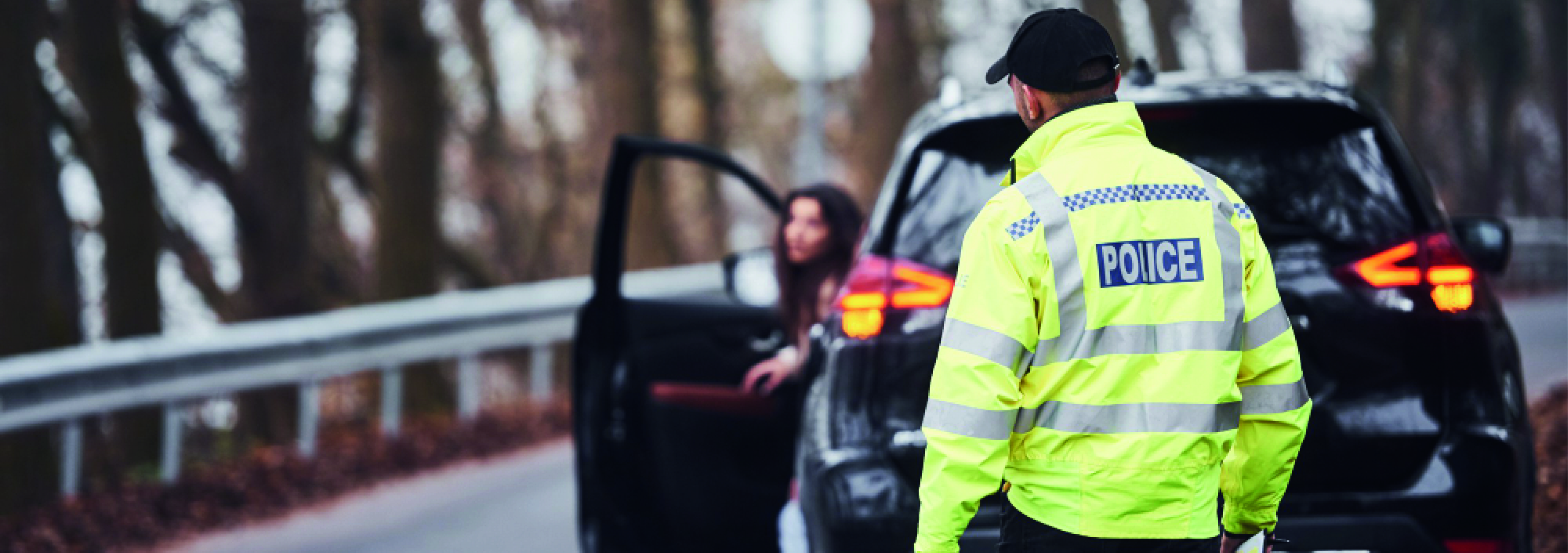Seeing is Believing: Public Sector - Just under two years ago, the British public would stand outside their front door, applauding the fantastic work that NHS staff were undertaking in an extremely difficult situation.
Quiet streets would come alive in appreciation, but according to figures from the British Medical Association, a survey of GPs and hospital doctors carried out in July found that 71% of GPs reported that their experience of abusive behaviour had increased compared with a year ago.
 A female GP partner in the South West said: A female GP partner in the South West said:
We get shouted at, spoken to harshly and called unkind and unhelpful, often for things that are not within our control.
In just the last week I have been shouted at because I asked someone to do a PCR test for their new cough and fever, and was called the most horrifically offensive name after I asked someone not to come into the surgery waiting room with a cough”
One solution the NHS has trialed in another part of its service to reduce the number of incidents towards its staff and provide evidence when events do happen is Body Worn Cameras. Following successful trials in parts of the UK, medics will wear a body worn camera to record aggressive or abusive behaviour with filming being made available where needed.
Prerana Isaar, Chief People Officer for the NHS, said “As well as reducing the number of incidents towards our staff, these cameras are a vital step towards ensuring our people feel safe too.”
Another area of concern is the number of incidents not being reported
Trials conducted by University of Cambridge, RAND Europe, and police forces in the UK and US, sought to answer the question: ‘Can body worn video reduce the use of force by and against police officers?’ It found that the rates of assault against officers wearing cameras on their shift were on average 15% higher, compared to those without. A main factor of the higher rate could be that officers felt more able to report an assault due to the video evidence captured on their device.
In a speech given by the Home Secretary in 2015 to the Police Federation, Body Worn Video was highlighted as a technology for the future. Test results for the effects of Body Worn Video in UK policing found:
- improved efficiency of delivering criminal justice for domestic abuse cases (via increased early pleas or higher prosecution rates)
- a new method with which to collect evidence
- improved public confidence
- reduction in crime incidence
- reduction in the number of complaints made against police officers
- videos provided a useful tool for the training and professional development of police officers.
To provide video evidence in a court of law, a Body Worn Camera must be BS 8593:2017 compliant.
At Airsys.Cloud we have worked extensively to ensure our Body Worn Camera, the Telo Systems T8, is not only fully BS 8593:2017 compliant, but can also be used as a full instant communications solution.
 Product Details Product Details
The LTECAM T8 is a Body Worn Camera (BWC) and push to talk solution that enables you to do away with multiple devices.
By delivering business critical communications, including key features such as task management, lone worker protection and recording, the Telo Systems T8 can integrate with existing communications systems to help promote safety and ensure the wellbeing of all staff*.
- Rotated camera for different scenarios
- Comfortable physical buttons easy to operate
- IR light for low light environment
- High-Sensitive Antenna
- Crystal Clear Audio
- Ideal for Airsys.Cloud, including Messaging and Task Management capabilities
Learn more
|